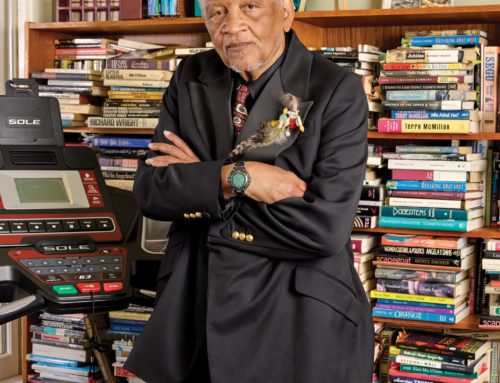A young man, Jihun, travels through a series of nameless cities in Korea with his dog, Wajo, staying at motels every night. At each one he writes a letter to someone he has met on his travels, or to a member of his family. He then writes on the underside of the room’s sink a brief record of his stay there, and moves on to another motel. Sometimes the motel will refuse to accept dogs; to get round this, he puts on dark glasses and pretends to be blind, saying Wajo is his guide dog. (In truth, it is the dog who is blind.) He does not refer to the people he meets by name, but instead assigns them a number. When the novel begins, he is up to 750. Then, on the subway one day (the book has been translated into American, not English, but this adds to the atmosphere), he meets a woman selling a novel called Toothpaste and Soap to commuters. At the time he is pretending to be blind, but the woman has seen through the imposture, and starts travelling with him. She is never named but becomes known as 751.
I know nothing about Korean culture. I have even managed to avoid the video for “Gangnam Style”. So for all I know, the kind of things that go on in No One Writes Back happen all the time in Korea. Congratulations are due in any case to Dalkey Archive, who are publishing a series of Korean novels, for going even further than they normally do in bringing us the fruits of other people’s culture. (We are talking South Korea, of course.) Still, it was with more of a sense of duty than pleasure that I started reading this book. I imagine it was how John Peel might have felt sometimes, putting another cassette handed to him by a desperate band member into the tape machine on the long drive home after a gig.


